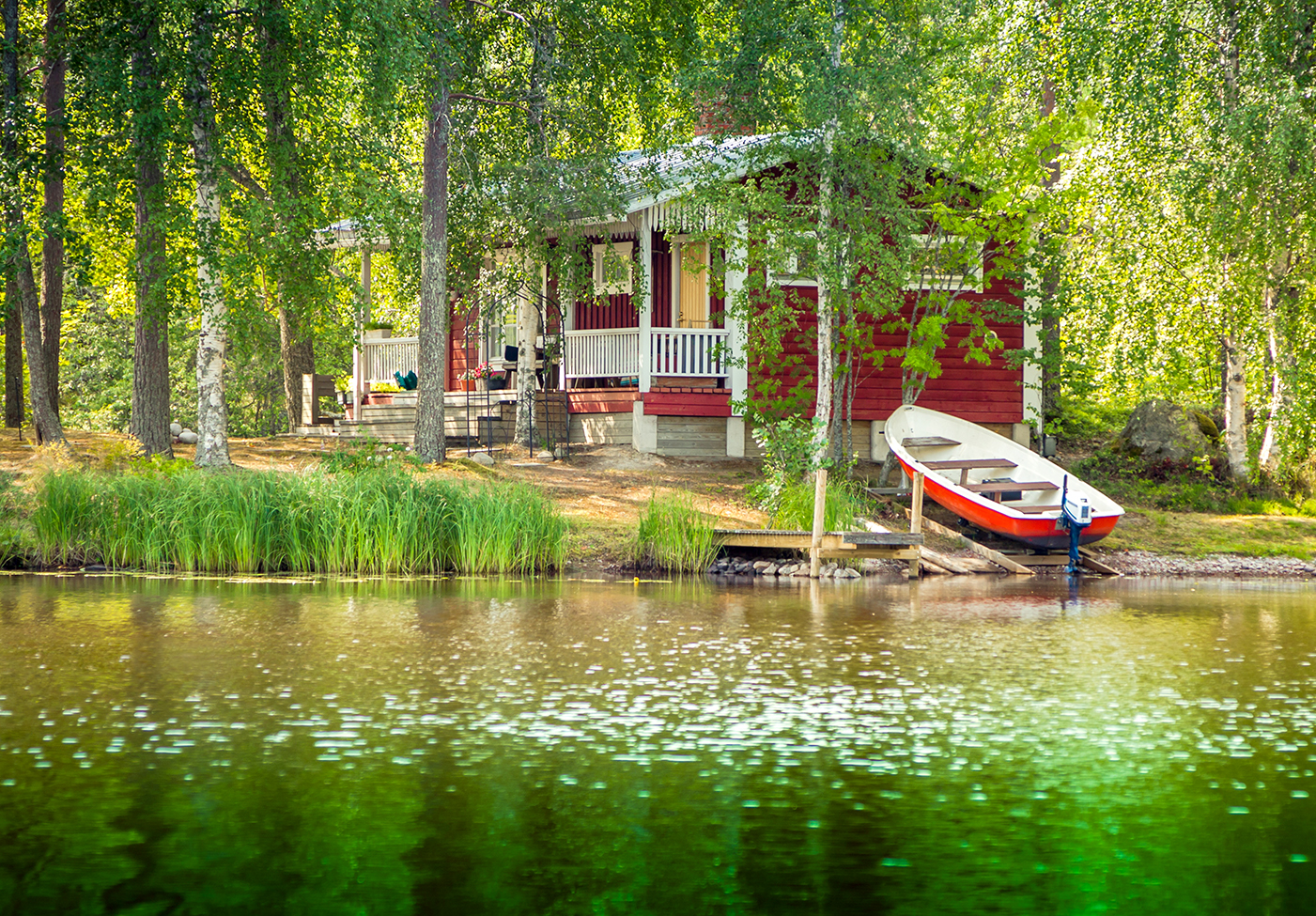There’s a lot more to estate planning than a will
By Olev Edur
An estimated $400 billion is set to pass from one generation of Canadians to the next, yet many Canadians have no wills, and many who do have a will have planned no further than that basic document.
A properly structured estate plan can reduce taxes and other costs, as well as simplify and speed the transition of assets, while ensuring that your beneficiaries are protected. The consequences of inadequate estate planning, however, can be harsh. In worst-case scenarios, a government trustee can assume total control of your estate and dispense all the assets according to a rigid formula, without regard for your wishes. Lawsuits can spring from seemingly minor misunderstandings, and tax mistakes can cost tens of thousands of dollars on even a modest estate.
Settling an estate can be a complex undertaking, and you need to plan ahead. We spoke with a number of financial experts about what to do—and not do—in assembling an effective estate plan. This week, the third and final instalment:
Jeff Hull, senior financial advisor at Manulife Securities in Mississauga, ON:

One thing we see is that people tend to leave too much too soon. As Warren Buffet once said, “Leave them enough to do something, but not enough to do nothing.” I’m leaving my own daughter money in instalments rather than all at once so that she doesn’t go crazy with it.
When you’re creating your estate plan, take some time to pretend you’re already up on that cloud, playing your harp and looking down at what’s happening. What does it look like? Are people using their inheritances as you expected? Are you helping lives or are you hurting someone’s character?
You should also make sure you have enough life insurance to satisfy the taxman. This can make for a smoother transition. Otherwise, your estate may have to sell off a precious asset, such as a cherished family cottage, to cover the estate’s tax bill.
And if you do have a family cottage, make sure you have a plan for it up front so that the family sanctuary doesn’t become a family battleground. If you have a son in California, for example, he may want to sell, while others may want to keep it but perhaps can’t quite afford it. You need to establish the roles and responsibilities of everyone involved.
In looking for a trustee for your estate—they used to be called “executors”—get someone local, because that child in the UK isn’t going to be much help. And in asking someone to be a trustee, make sure he or she understands the true nature of the role. There can be a lot of responsibilities, especially with large estates.
In addition, ask who the trustee’s trustee is, because if your trustee passes on before you do, his or her trustee becomes your trustee. Personally, I have seven people for backup—backup to backup to backup and so on—because you need that redundancy. What happens if the first two trustees die on the way to your funeral or otherwise become unavailable?
Security has become another concern when it comes to estate planning. Those obituary columns in the newspaper or online are read by your family and friends, but they’re read by criminals, too. Weddings and funerals are two major targets of home robberies, because the criminals know you’re going to be away from home. What I do is pay to have someone guard the client’s house during the funeral.
A Couple of Thoughts More
- Some legacies go beyond money. For example, scrapbooks and photo albums may contain valuable lessons from the past; others can thus learn from your experiences and appreciate how you achieved what you did. These should be included in your will.
- Some people keep their will in a safety deposit box, but your trustee may need to show the will to get into that box. Keep copies and don’t store documents in the wrong place. Ask an expert.
Photo: iStock/wmaster890.






